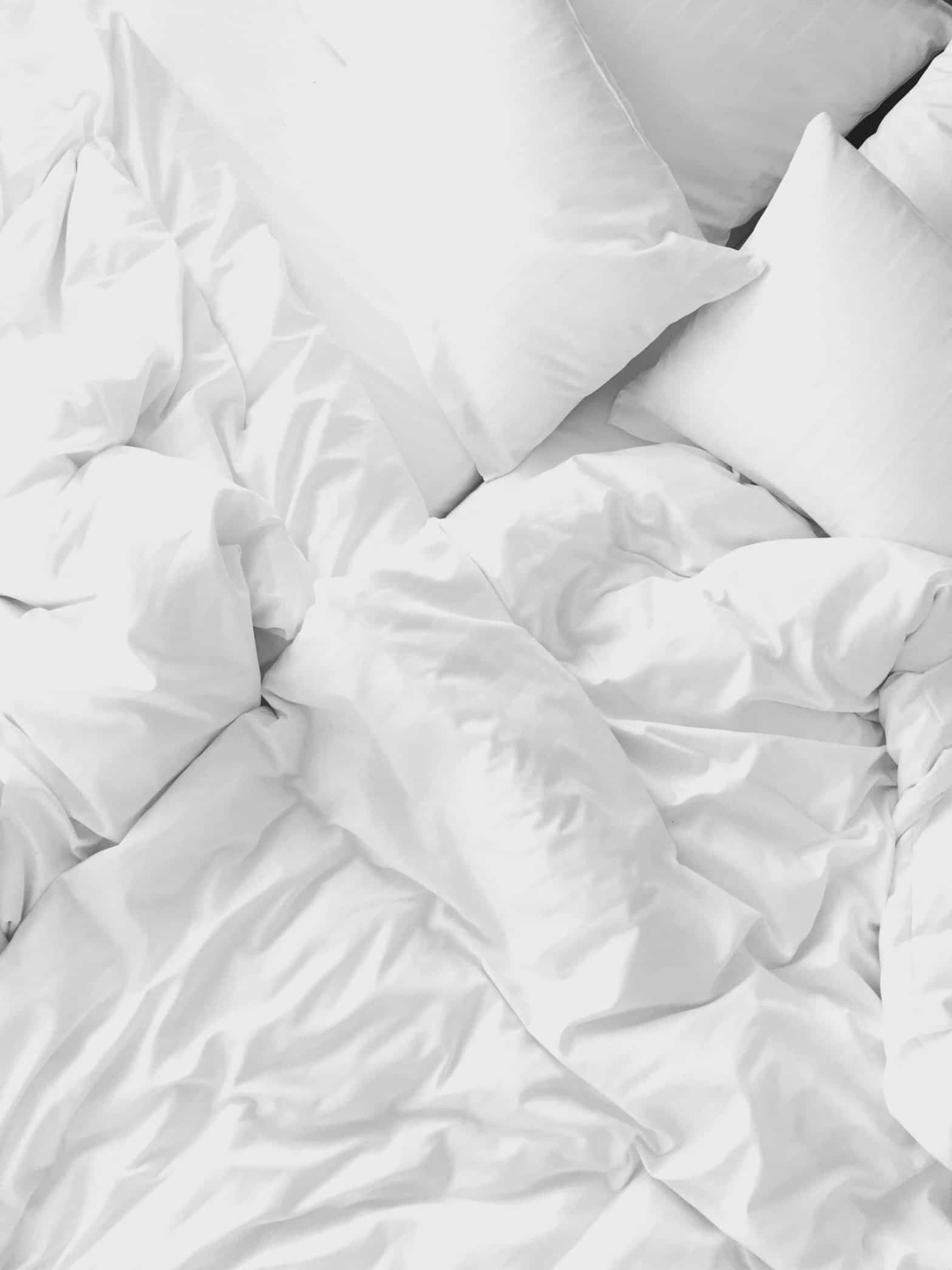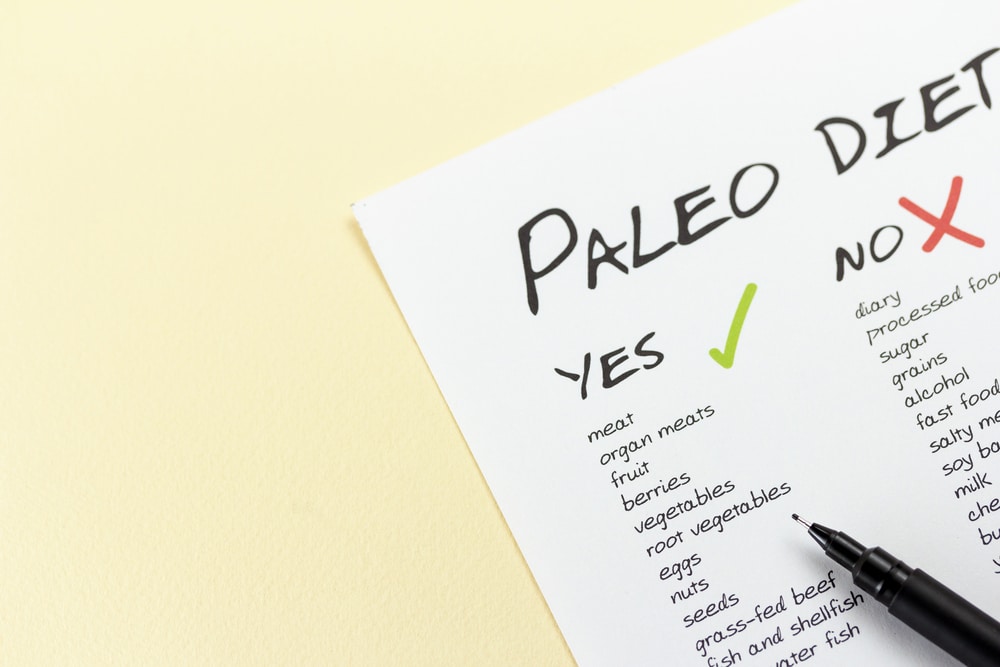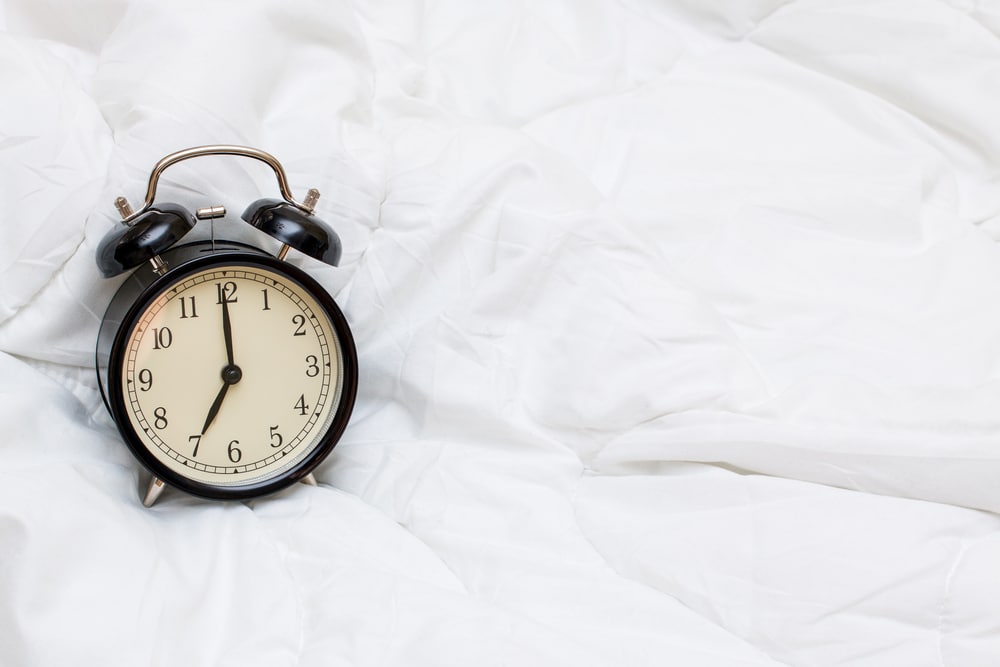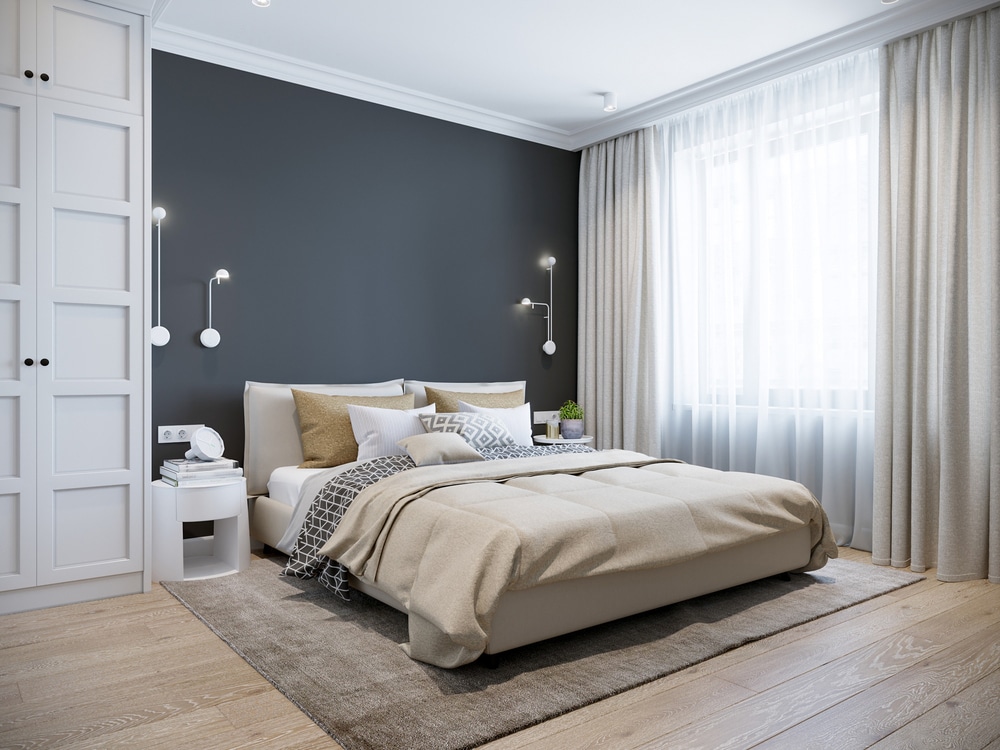Have you ever had difficulty sleeping while on the Paleo diet or during your Whole30? When transitioning to this particular lifestyle (even though it’s likely much healthier than how you were eating before), your sleep can get worse before it gets better! We’re excited to share with you 3 Tips to Sleep Better on Whole30 or the Paleo Diet!
Did you know that ALL animals sleep? Animals’ sleep cycles are determined by the rising and setting of the sun. This wake/ sleep cycle is called your circadian rhythm, and it’s controlled by a part of your hypothalamus in your brain. When the sun rises, it signals to your brain to release cortisol. Yes, this is the stress, fight-or-flight hormone. But it’s also what makes you feel “awake” in the morning and gives you the necessary energy to start your day! When the sun goes down, it signals to your brain to release melatonin, a hormone that makes you sleepy! As we’ll talk about later, your natural circadian rhythm works best when it’s consistent.
With the creation of electricity, humans are the only animals that choose to stay awake longer than is natural. Put simply: many of us purposefully sleep deprive ourselves!
Things that can Disrupt your Circadian Rhythm:
- Purposefully staying up late
- Jet lag/ travel
- Daylight savings time or change in time zone
- Looking at any screens at night
- Lights in your sleep environment
- Noisy sleep environment
- Hot temperatures
- Working the night shift
- Stimulants (caffeine and nicotine) close to bedtime
- Exercising too close to bedtime
- Long daytime naps
- Switching your eating patterns, even if it’s good- like the Paleo diet or Whole30!
Why Can Sleep be Disrupted when Switching to Paleo or Whole30?
With a switch to a Paleo or Whole30 diet, if you are at all insulin resistant before you start, your body can feel like you’re starving. This is because most of us are eating way more refined carbohydrates before you switch your diet… Eventually, eating Paleo or Whole30 will increase insulin’s action, but that change isn’t immediate.
When any of the above happens and results in lack of sleep, most people just grab some more coffee rather than attempt to fix their sleeping schedule!
We tend to forget the importance of sleep when on the Paleo diet or the Whole30 because we’re fixated on what we eat and how we exercise. If you’re having trouble heading on to dreamland when following a Paleo diet, then read on as I show you 3 practical tips to sleep better on the Paleo Diet.
3 Tips to Sleep Better on Whole30 or the Paleo Diet
Before we get into my specialized sleeping tips, let’s first talk about the Paleo diet.
What is the Paleo diet? A paleo diet focuses on eliminating grains (including corn and gluten), dairy, legumes, and refined sugars. It focuses on consuming quality foods that help with one’s digestive health. That means you’re mainly consuming: meats and seafood, vegetables, fruits, and emphasizing healthier fats!
It’s kind of like the keto diet, right? But what makes the paleo diet and keto diet different is that keto is focused more on low-carb, high-fat, counting macros than looking into specific foods (one also achieves a ketone bone structure when in ketosis for long-term).
Then there’s also the Whole30! The Paleo diet varies just slightly from the Whole30. The Whole30 is a little stricter: no sweeteners (even maple syrup, honey, stevia, coconut sugar, agave, etc) and no “Paleofying” Foods (like pancakes, waffles, breads, etc).
Now that you’re familiar with the Paleo diet, let’s delve deeper into how you can improve your sleep!
-
Change Your Sleep Schedule
Changing your sleep schedule is one of the first steps to take! Your body clock needs to get used to ONE schedule. After all, if you are always consistent with the exact times you fall asleep and wake up, you’ll feel sleepy and awake during the right hours!
I recommend that you create a schedule that works best for you and your work and/ or life. Do you have the day or night shift? Do you prefer getting up earlier in the morning to exercise? Or are you a night owl?
Your schedule depends on your lifestyle. However, one thing remains constant: You must get at least seven to nine hours of sleep! This is the optimum amount of sleep adults must get for better focus and energy in the morning.
Something that can also be involved in your sleep schedule is a wind down routine.
When you repeatedly do the same things before bed, your body begins to recognize it’s time to wind down! (This is something that’s recommended for newborns, and it works great for adults too!) One idea is taking an Epsom salt bath with calming essential oils like lavender! Or maybe you take 15 minutes for something relaxing like meditation or breathing exercises. Whatever your routine is, repeat it nightly for best results!
Make sure that you keep to your schedule every day. In time, you’ll notice that your mind and body start getting sleepy and wake up naturally at the right times!
-
Start Improving Your Environment
Yes, where you rest is also a substantial contributing factor to your sleep quality. Who would feel comfortable sleeping on a hard bed or in a room filled with clutter?
To improve your sleeping environment, try these tips:
- Get a New Mattress: If you feel like your mattress is too hard, it may be time to replace it. Or, opt for a memory foam mattress for better support and comfort. I love this Naturepedic
mattress because it’s organic and toxin-free! Consider getting new, organic bedsheets and pillows as well, which can help with your sleep.
- Keep it Cool: The optimum temperature for sleeping is around 60 to 68 degrees Fahrenheit. Keep your room cool and dark, which is conducive for sleep.
- Declutter and keep your room clean! That way, you won’t feel stressed looking around a messy area before sleeping.
- Keep your room quiet and free from any noise. A white noise machine may help with this, play serene music, or even try using ear plugs.
-
Stop Those Bad Sleeping Habits!
Last but not the least, you and your lifestyle make or break your sleep. Yes, your way of living during waking hours can improve your sleep! So it’s time to reevaluate your habits and start following healthier ones, such as:
-
Eating Schedule
If you have a habit of eating right before sleeping, then you’ve got to change that immediately! Did you know that eating a huge meal before sleeping can cause heartburn? As a result, you’ll be tossing and turning in pain from the acid reflux!
As much as possible, consume your last meal three to four hours before bedtime. That way, your body has already digested the food properly.
What to Eat Before Bedtime
I know some of us feel a bit squeamish if we don’t eat before bed. Fortunately, there are a few snacks you can have which are sleep-inducing and won’t cause heartburn! The best combination is a moderate protein, high fat snack. You can have these before bedtime to make you feel sleepy:
- Bananas with nut butter
- Almonds, walnuts, or nut butters
- Turkey or Fatty Fish with avocado
- Coconut flakes
- Chamomile or Passionflower Tea with full fat coconut milk
The Last Meal of the Day
If you eat most of your daily carbohydrates at the last meal of the day, this gives your body a larger carbohydrate load to digest overnight.
-
No Gadgets on the Bed
That’s right, start switching your phones and televisions off 1-3 hours before you go to bed! Not only do your gadgets bring stress (from work or suspense movies), but because of the blue light! When your devices emit blue light, it will lessen the production of melatonin, which keeps you up for longer.
If you can’t fight the urge to use your phone before bed, I recommend that you use its warm light option.
-
Go Exercise More
Last but not the least, it’s time to start exercising in the morning! Even half an hour of brisk walking or strength training when you get up will help with your sleep. That’s because your body warms up and gets energized after a workout, then cools down and readies you for sleep by night. Be sure to finish all exercise at least 3 hours before bedtime.
Wrapping It Up
Regardless of how you eat, it’s best to get enough quality sleep for optimum results. With these tips, you can finally regulate your schedule, gaining the energy you need for the day ahead!
Hopefully, you can use any of these tips as a starting point for improved sleep now. If you have questions or want to share your tips and experiences with sleeping on a Paleo diet, then comment below. Your thoughts and suggestions will be much appreciated!
Author’s Bio:













